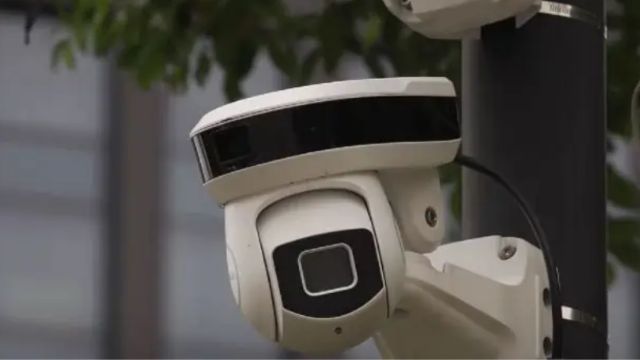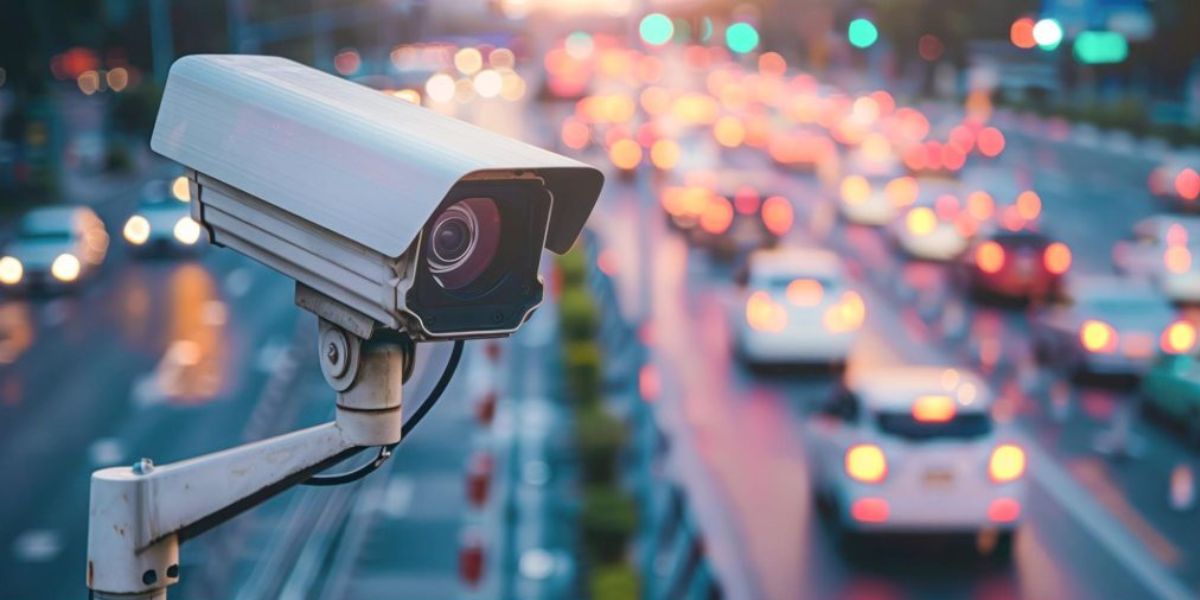Florida, a state renowned for its rich cultural diversity and varied terrain, also has a complicated law system pertaining to privacy and surveillance.
With the increasing popularity of security cameras, it’s vital to understand the precise laws and regulations controlling their use in the state.
The rights of property owners, renters, and the general public will be examined in this article along with the possible legal ramifications of deploying surveillance technology. We will also examine Florida’s security camera regulations.
Does Florida allow security cameras?
It varies. The main state regulations that regulate the usage of security cameras in Florida make a distinction between public and private areas.
Security cameras are commonly utilized in public areas for a number of reasons, such as law enforcement and security. But when it comes to private locations, the laws become more complicated.
What Are Florida’s State Laws Regarding Home Security Cameras?
Reasonable Expectation of Privacy: Installing security cameras in locations where persons have a reasonable expectation of privacy is prohibited by Florida law.
Private areas like restrooms, dressing rooms, and bedrooms are included, especially if they are shared. Florida Statute Section 810.145, which defines video voyeurism and describes the legal restrictions on taking pictures in private areas, is the main law addressing this.
Video Voyeurism Laws: Florida Statute Section 810.145 specifically addresses video voyeurism.
According to this rule, it is unlawful to surreptitiously observe, broadcast, or record video of someone in a private environment using any imaging equipment, such as a smartphone or security camera, without that person’s knowledge or consent, especially while that person is doing private tasks like getting dressed or taking off their clothes.
Conspicuous Notice: In Florida, it’s crucial to let people know that security cameras are in place. It is best to put up conspicuous signs alerting people to the property’s video monitoring if the cameras are not immediately visible. It guarantees that anybody who enters the premises is aware that they could be filmed.
Installation by a Licensed Contractor: According to Florida law, a licensed contractor must install your system if a security firm will be watching over it or providing maintenance, or if it is for a business. It is to guarantee that the equipment is installed correctly and legally.
Local Ordinances: In Florida, certain counties and localities have particular laws pertaining to security cameras.
For instance, Volusia County requires security cameras for all late-night establishments (Municipal Ordinances Section 26-36), while Orange County requires convenience stores to have a security camera system (Municipal Ordinances Section 25-177).

What Rights Do Landlords and Tenants Have With Regard to Security Cameras?
As long as they don’t violate anybody else’s privacy or harm the property, tenants often have the right to install security cameras in the area they rent.
It involves making certain that cameras don’t record locations outside of their personal living area, including nearby homes or communal spaces in a complex of apartments.
However, when it comes to monitoring, landlords have a unique set of rights and obligations. For security reasons, landlords are allowed to place security cameras in public spaces, but they must make sure that tenants’ reasonable expectation of privacy is not violated.
Areas such as changing rooms, bedrooms, bathrooms, or any other area where a person might undress are off-limits for surveillance by landlords.
In addition, landlords should provide clear notice to tenants if surveillance cameras are used on the property, especially in common areas. It is part of ensuring transparency and respecting the tenant’s right to privacy.
Both parties should also check local ordinances in areas like Orange County, Marion County, or Orange City, as these might have specific regulations regarding using security cameras in rental properties.
What Are Florida’s Workplace Surveillance Laws?
Video surveillance is typically allowed in public spaces including lobbies, corridors, and exits under Florida Statute Section 810.145.
It is not allowed, though, in private spaces where workers have a legitimate expectation of privacy, such as locker rooms and restrooms.
The legality of audio surveillance is impacted by Florida Statute Section 934.03, which forbids recording conversations without both parties’ consent. Employers should use policies or conspicuous signage to inform staff members about video surveillance.
According to the ruling in Leor Exploration & Production LLC v. Aguiar, electronic monitoring of computers and networks held by the corporation is permitted. However, employee consent may be needed for monitoring personal devices used for work. Employee GPS tracking and phone call records are subject to the same consent basis.
Because Florida case law offers little guidance, physical searches of workstations, lockers, or personal goods should only be carried out with the employee’s consent.
For safety and legal compliance, employers must have explicit policies that define their monitoring procedures and employee rights.
The Source: getsafeandsound.com




